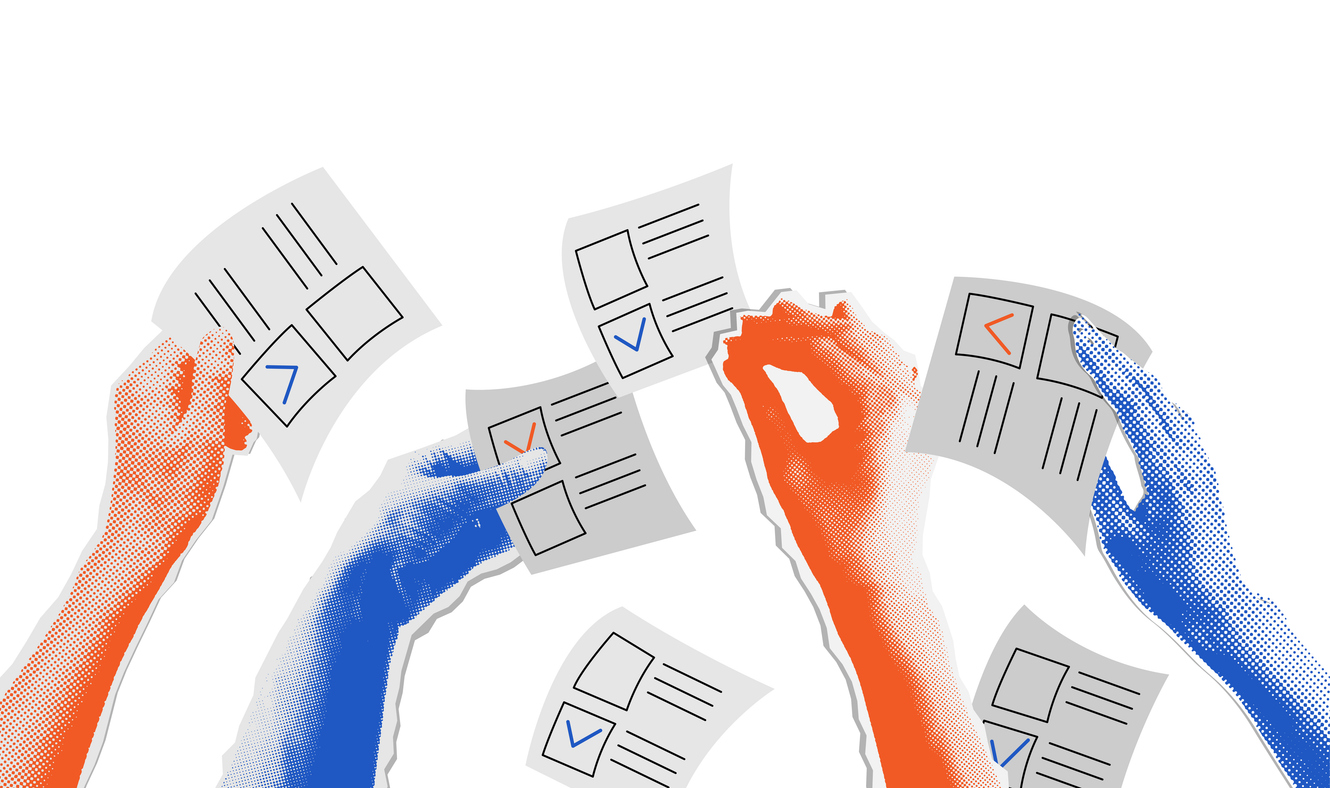Related Articles
Relevant Topics
Key Findings
- The rapid growth of artificial intelligence has prompted legislators to propose creating a government task force to regulate how AI is used.
- Senate Bill 5838 would create a task force of at least 42 members to report on the development of AI and recommend potential regulation.
- Regulating artificial intelligence because it can be misused is similar to arguing that politicians should regulate the internet or the scientific process because they could be misused.
- Regulating AI threatens to undermine the promise of the technology, undermining environmental solutions, economic benefits, and consumer use.
- WILDLABS, the World Wildlife Fund’s conservation tech organization, lists AI as the top future technology for protecting threatened species around the world. Allowing innovation is key to achieving that promise.
- Although the task force is focused on the misuse of AI by the private sector, the most serious misuse of the technology has been by governments. Responses from ChatGPT have also shown a consistent leftward political bias.
- Rather than looking to limit AI’s innovation, legislators should focus on privacy and other concerns in the same way they would with other information technologies and tools.
Introduction
Just over one year ago, ChatGPT captured the public’s attention by showing that this artificial intelligence (AI) tool can reply to questions in a way that is virtually indistinguishable from a human response. Since then, the advanced capabilities of AI have drawn increasing attention from politicians and special interests, who appear both worried about its potential misuse and are excited about using AI to promote their own agendas.
Washington state is a major player in AI innovation, with Microsoft having a stake in OpenAI, the creator of ChatGPT. Responding to these various issues and economic interests, some lawmakers have introduced Senate Bill 5838 to create a government task force made up of a wide range of special interests, politicians, and AI experts to consider potential government regulation.
That task force, however, is more likely to hinder the growth of AI and make it hard to fulfill its promise as a tool for benefitting Washington’s economy, the people of Washington, and to solve important social challenges like environmental sustainability. The purpose of the legislation is to catch up with the innovation that has occurred. Regulating AI due to fear of theoretical problems would sacrifice AI’s promise to give legislators and others a vague sense of security.
The best way to ensure that AI achieves its potential as a tool for economic growth, a way to create environmental solutions, and bring benefits to Washingtonians is to address concerns about the use of AI in the same way we would address them if they were from the internet, the scientific process, or anywhere else.
READ THE FULL LEGISLATIVE MEMO HERE
LISTEN TO AN AUDIO TRANSCRIPTION HERE




